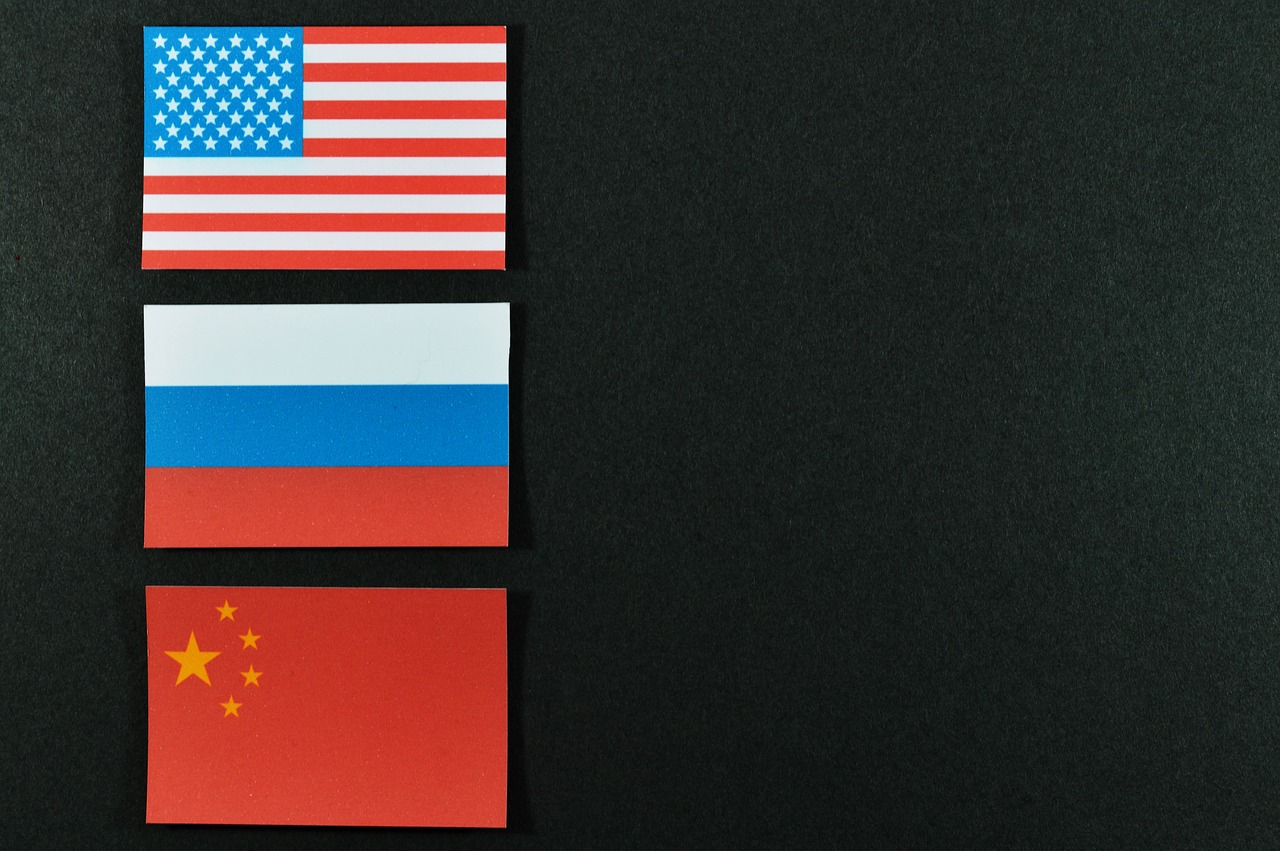Experts stated that the Chinese and Russian governments are speeding up their abandonment of the dollar to increase security and suitablility of China to Russia commerce in the face of possible one-sided US penalizations.
This suggests that, as Chinese-Russian trade expands rapidly, majority of the commodities will become the primary commercial area in which local monies – China’s yuan and Russia’s ruble – would be used in common trade settlement.
 Russia and China Remain at Odds With the United States
Russia and China Remain at Odds With the United States
Both China and Russia respectively want the yuan and the ruble to have more influence in the financial system on a global scale. This is in the midst of US-China tensions. The European Parliament is also considering excluding Russia from SWIFT because of Ukraine-related concerns.
Li Xin, director of the Center for Russian and Central Asia Studies, said in an interview that both Chinese and Russian governments have felt the need to protect themselves from the US monopoly on global payments infrastructure, and that the trend toward non-dollar transactions is unchangeable. Li recommended that money exchanges between China and Russia be enhanced to raise the local money stakes in bilateral commerce. An agreement was reached between the two nations in 2014 in which the central banks of both countries would have access to each other’s monies without having to use the US dollar.
The Interdependence of China and Russia’s Monies Without the Dollar
Russia has a high demand for the yuan, and both countries’ local money settlement cooperation structures and channels have been continually enhanced, as has legal protection. According to research, the yuan accounts for a growing share of local money settlements in China and Russia, and its use is expanding. It also accounts for more than 17 percent of China-Russia bilateral trade settlements and more than 12 percent of Russia’s international reserves.
 Instances of Non-Dollar Transactions
Instances of Non-Dollar Transactions
In China, a major oil firm from Russia, Gazprom Neft, has started switching from the dollar to the yuan and rubles as a means of payment for refueling planes traveling to or from China. Global Times quoted China’s Song Kui as saying that this activity will be met with an active reaction from the Chinese side.
A sustained expansion in bilateral trade notwithstanding the COVID-19 epidemic will lead to a rise in the use of local money settlements for bulk commodities including oil, natural gas, and coal, according to Song.
Mobile phones, laptops, and car components are among China’s biggest exports to Russia, while crude oil, natural gas, coal, vegetable oil, and other Russian items are shipped to China.
This development is set to give the yuan and ruble a massive boost against the US dollar in the coming weeks.
Note: Forexschoolonline.com is not a financial advisor. Do your research before investing your funds in any financial asset or presented product or event. We are not responsible for your investing results.


Leave a Reply